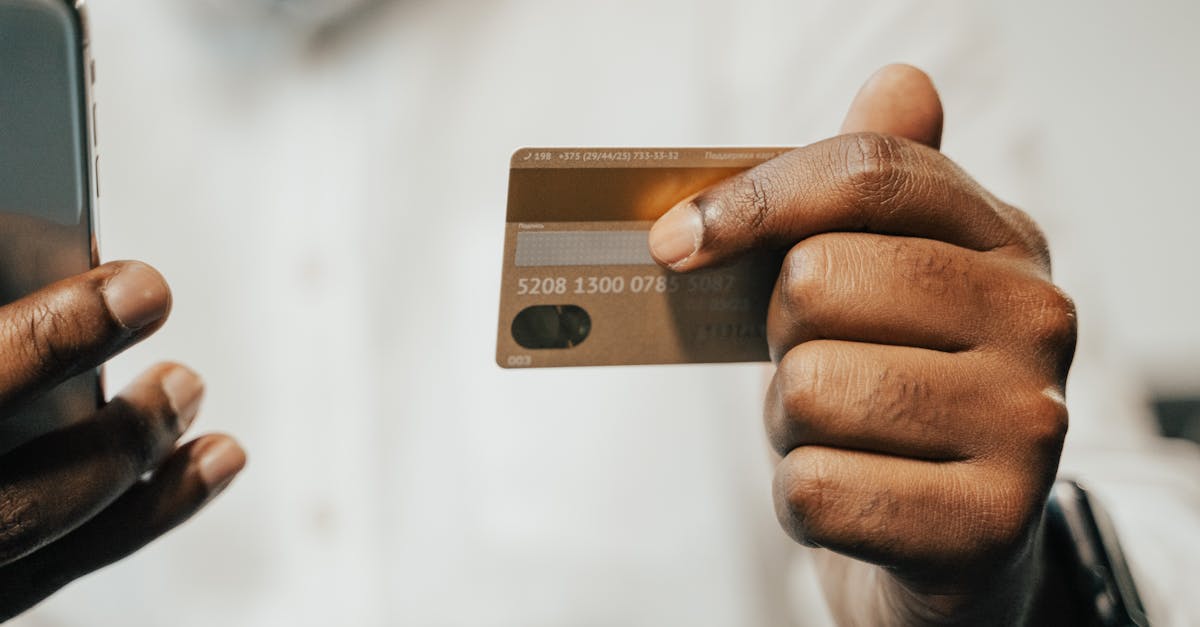The Future of Digital Wallets in 2024
Introduction
The financial landscape is rapidly evolving, with digital wallets at the forefront of this transformation. In 2024, these convenient and secure payment systems are set to redefine how we handle money. Offering a seamless blend of technology and finance, digital wallets promise to make transactions faster, more efficient, and more accessible than ever before. With innovations like biometric authentication, integration with other financial services, and even cryptocurrency compatibility, the future of personal finance looks promising. As traditional cash and card usage decline, digital wallets are becoming indispensable for millions worldwide. This article delves into the key features and potential of digital wallets in the coming year.
Advertisement
What are Digital Wallets?
Digital wallets, also known as e-wallets or mobile wallets, are applications that store payment information securely on smart devices. They allow users to make transactions quickly by tapping their phone or smartwatch at compatible terminals. Beyond simple payments, these wallets often store other credentials like loyalty cards, tickets, IDs, and even boarding passes. Popular examples include Apple Pay, Google Wallet, and PayPal, each offering different features to cater to various user needs. Embracing digital wallets not only simplifies financial management but also enhances security through encryption and advanced authentication options.
Advertisement
Security and Trust in Digital Wallets
As financial data breaches continue to be a major concern, digital wallets are reassuringly secure. They utilize state-of-the-art encryption and tokenization techniques to ensure transactions remain private and protected. Biometric authentication, such as fingerprint or facial recognition, adds another layer of security, minimizing the risk of unauthorized access. Moreover, digital wallets frequently incorporate authentication measures like two-factor verification or dynamic CVV codes, further enhancing their reliability. With constant advancements, these wallets strive to provide unparalleled safety, instilling trust in users worldwide.
Advertisement
The Global Shift Towards a Cashless Economy
The growing adoption of digital wallets reflects a broader trend towards cashless transactions. Countries like Sweden and China are leading the charge, rapidly transitioning to digital payments, supported by robust infrastructure. Digital wallets streamline the purchasing process, cutting down transaction times and reducing the need for physical currency. In many cities, public transportation systems, retail stores, and restaurants prioritize cash-free transactions, creating a more efficient economic system. As societal attitudes shift, traditional banks and financial institutions are also recognizing the importance of digital wallets in supporting a cashless future.
Advertisement
Integration with Cryptocurrency
The increasing popularity of cryptocurrencies like Bitcoin and Ethereum has prompted digital wallets to expand their functionalities. Many wallets now support cryptocurrency storage and transactions, bridging the gap between traditional and digital finance. Some wallets even offer features like instant currency conversion, enabling seamless transactions between fiat and cryptocurrencies. This flexibility makes them an attractive option for tech-savvy investors and businesses looking to leverage the advantages of digital currencies. As the crypto market evolves, so does the collaboration between digital wallets and blockchain technology.
Advertisement
Enhanced Personal Financial Management
Digital wallets are evolving beyond mere payment methods to offer personalized financial services. By integrating with banking apps or personal finance tools, wallets provide real-time analytics and insights into spending habits. This information helps users make informed financial decisions, manage budgets, and track savings goals. Additionally, innovative features like bill reminders, transfer scheduling, and subscription management simplify day-to-day financial activities. Consequently, digital wallets are becoming a central hub for managing all aspects of personal finance, making them indispensable in modern life.
Advertisement
Digital Wallets in Emerging Markets
In emerging economies, digital wallets play a crucial role in driving financial inclusion. They provide unbanked populations with access to essential financial services, supporting economic empowerment and development. With just a smartphone and internet access, individuals can participate in the global economy, receiving salaries, making purchases, and transferring funds efficiently. Initiatives by organizations such as the Alliance for Financial Inclusion demonstrate the transformative potential of digital wallets in creating equal access for all. In regions with limited banking infrastructure, these tools are expanding opportunities and fostering innovation.
Advertisement
Challenges and Regulatory Considerations
Despite their benefits, digital wallets face challenges, including regulatory hurdles and security concerns. Governments worldwide are working to devise regulations that ensure compliance with financial laws while promoting innovation. Consumer protection remains a priority, with regulatory bodies focusing on establishing robust frameworks to protect user data and prevent fraud. Balancing innovation and regulation will be vital in maintaining consumer trust and fostering adoption. As the digital finance landscape becomes more complex, collaborative efforts between regulators and industry stakeholders will be key in addressing these challenges.
Advertisement
The Future of Digital Wallet Technology
The future holds exciting possibilities for digital wallet technology, with continuous advancements enhancing user experience. Upcoming developments like AI-driven financial advice, advanced biometrics, and augmented reality interfaces promise to revolutionize digital transactions. The growing focus on interoperability will allow users to connect multiple wallets and platforms, streamlining global transactions. As the Internet of Things continues to expand, digital wallets may also integrate with smart devices, offering deeper connectivity. Overall, these innovations will further solidify the role of digital wallets in the digital age.
Advertisement
Conclusion
Digital wallets are set to lead the charge in transforming finance by simplifying and safeguarding transactions. With their multifaceted capabilities, they empower individuals to manage finances intuitively, whether storing cryptocurrency or facilitating international purchases. Although challenges like regulation and security remain, ongoing advancements and collaborations promise a bright future for this digital innovation. As 2024 unfolds, digital wallets will undoubtedly redefine our financial interactions, bridging gaps to create a seamless, cashless economy. As we embrace these technologies, the potential for growth and innovation seems limitless.
Advertisement


